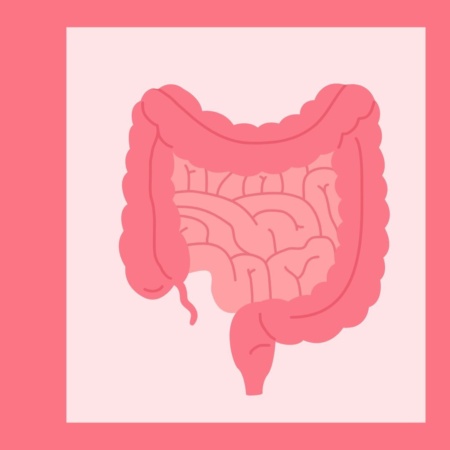Bowel Cancer Awareness: Symptoms and Risks

Over the past few decades, the United Kingdom has witnessed a concerning rise in bowel cancer cases among individuals under 50. This trend, mirrored globally, has prompted medical professionals and researchers to delve deeper into its causes and emphasise the importance of early detection.
Rising Incidence Among Younger Populations
Traditionally, bowel cancer, also known as colorectal cancer, has been associated with older adults. However, recent studies indicate a significant increase in cases among younger people. In the UK, the rate of bowel cancer in individuals under 50 has increased by approximately 50% since the mid-1990s. Furthermore, research published in the British Journal of Surgery reveals that over 2,500 younger adults are diagnosed annually in the UK, with a notable rise in tumours located in the lower part of the bowel, such as the sigmoid colon and rectum.
England experienced a 3.6% annual increase in early-onset bowel cancer cases over a decade, positioning it as the country with the highest rise in Europe. Similarly, data from Cancer Research UK indicates that bowel cancer cases in 30 to 39-year-olds rose by up to 7.3% each year between 2005 and 2014.
Potential Risk Factors
While the exact reasons for this increase remain under investigation, several factors are believed to contribute:
- Lifestyle and Dietary Habits: Sedentary lifestyles, diets high in processed meats and low in fibre, obesity, smoking, and excessive alcohol consumption have been linked to a higher risk of developing bowel cancer.
- Genetic Predisposition: Conditions like Lynch syndrome can elevate the risk of bowel cancer. However, many younger patients diagnosed do not have a known genetic predisposition, suggesting other environmental or lifestyle factors may be at play.
Recognising the Symptoms
Early detection significantly improves treatment outcomes. Therefore, it's crucial to be vigilant about the following symptoms:
- Bleeding: Noticing blood in your poo or on toilet paper can be an early indicator.
- Changes in Your Poo: Persistent diarrhoea, constipation, or a change in poo consistency lasting more than a few weeks should not be ignored.
- Abdominal Pain: Experiencing frequent gas pains, bloating, fullness, or cramps may signal underlying issues.
- Unexplained Weight Loss: Losing weight without changes in diet or exercise routines can be a warning sign.
- Fatigue: Persistent tiredness or weakness, especially when combined with other symptoms, warrants attention.
- Anaemia: Low red blood cell counts, leading to symptoms like fatigue and paleness, can result from internal bleeding associated with bowel cancer.
It's essential to note that these symptoms can also be associated with other conditions, such as haemorrhoids or irritable bowel syndrome. However, if they persist, consulting a healthcare professional is imperative.
Challenges in Diagnosis
Younger individuals often face delays in diagnosis. A report by Bowel Cancer UK highlighted that four in ten younger patients had to visit their GP three or more times before being referred for further tests. This delay can lead to diagnoses at more advanced stages, complicating treatment. This is why in 2013 Bowel Cancer UK launched their campaign Never Too Young to raise awareness of the increase of people under 50 affected by bowel cancer. The campaign has since been adopted in other countries across the world including Canada and New Zealand.
#PassItOn
This April, Bowel Cancer UK is asking people to #PassItOn and share their experiences of bowel cancer and important information on social media. The aim of the campaign is to spread awareness of the symptoms of bowel cancer and encourage people to visit their GP if they experience them no matter their age.
We’re Here For You
If you have a stoma, whether due to bowel cancer or because of another condition, we’re here to help find the right products for you. Visit the CliniMed website to sample products or get product advice from our helpful Careline team. You can also get products from any brand delivered to your door, free of charge with SecuriCare’s home delivery service.
Share this article:
by SecuriCare Team





